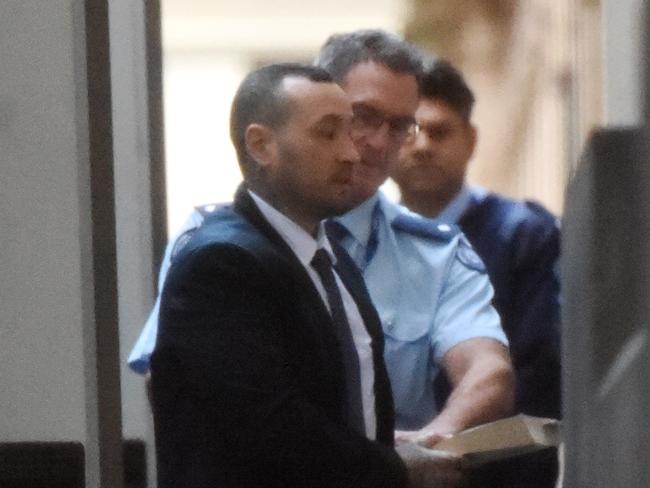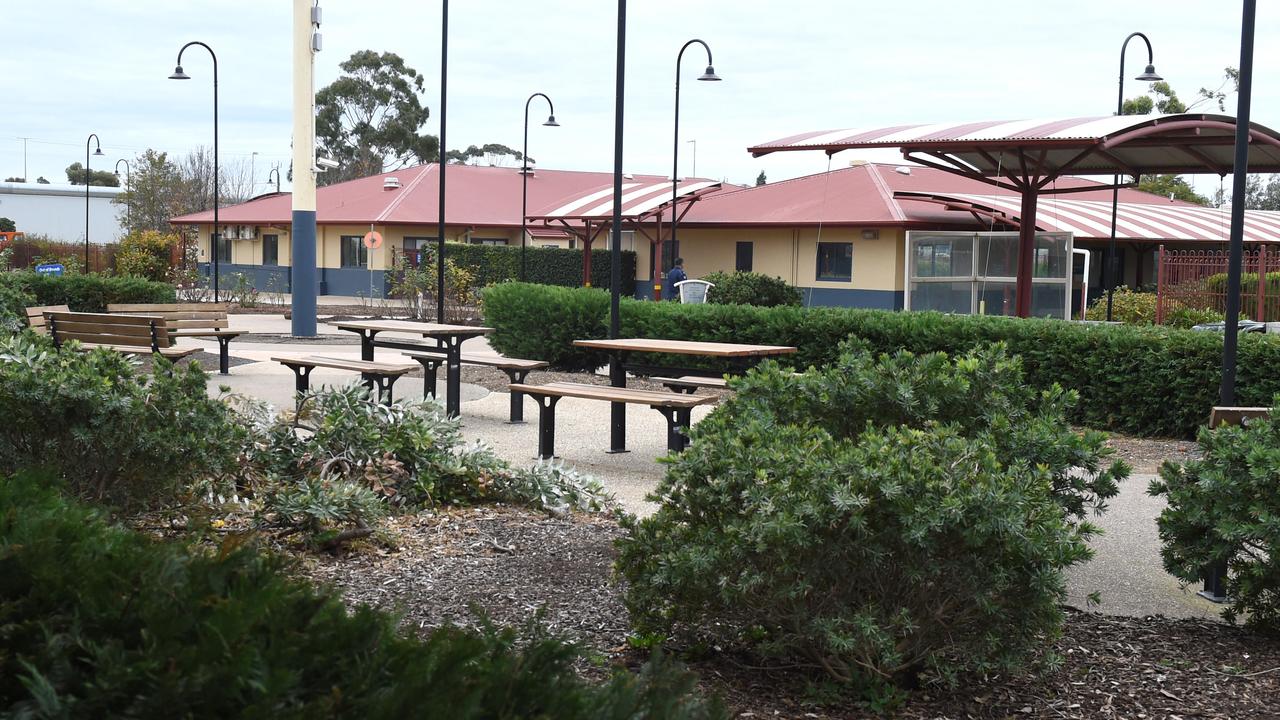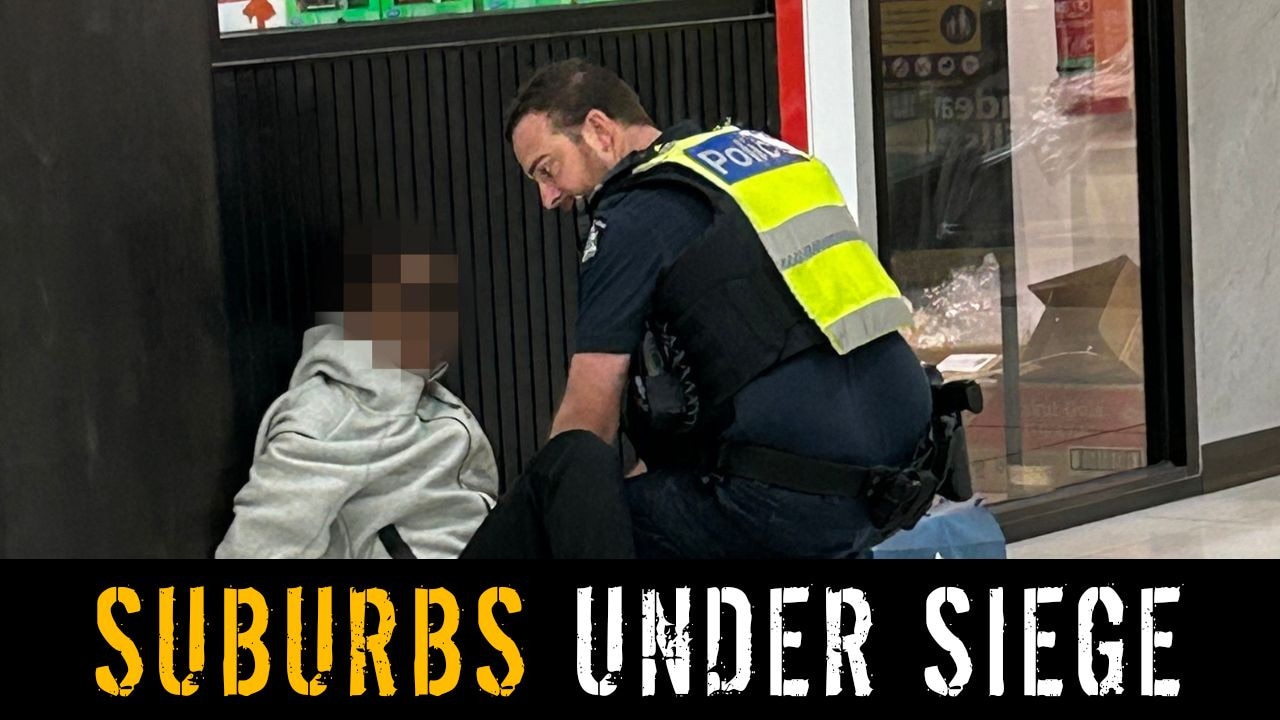Mongols bikie Aaron Ong loses appeal after being convicted of Paul Virgona’s murder
A Mongols bikie found guilty of the murder of fruiterer Paul Virgona in a brutal execution on a Melbourne freeway has failed to overturn his conviction.

Police & Courts
Don't miss out on the headlines from Police & Courts. Followed categories will be added to My News.
A Mongols bikie found guilty of the brutal execution of Melbourne fruiterer Paul Virgona on EastLink has lost his bid to overturn his murder conviction.
Aaron Ong, who is serving a 35-year sentence for the 2019 mistaken identity murder, launched an appeal against his conviction last month.
Ong, 39, from Kilsyth, pleaded not guilty to murder, but was found guilty following a Supreme Court trial in 2022.
In February, his barrister Theo Kassimatis KC claimed the jury got it wrong, arguing its verdict was “unreasonable” and could not be supported having regard to the evidence.
But on Monday, the Court of Appeal disagreed and threw out Ong’s appeal, ruling there was a “powerful prosecution case” against him.
“It was well open to the jury to conclude … that at the time of the murder of Mr Virgona, Ong was physically present with Rider and acting in concert with him in committing that criminal offence,” Justices Stephen Kaye, Maree Kennedy and Christopher Boyce said in their judgment.

The jury was shown CCTV footage of Ong and his co-offender, fellow Mongols bikie Joshua Rider, leaving the outlaw motorcycle gang’s Port Melbourne clubhouse hours before the shooting on November 9, 2022.
The clothing they were observed wearing was found in two bags – one a Culture Kings bag covered with Ong’s DNA and the other a shopping bag containing Rider’s DNA – later dropped by the perpetrators as they fled police.
The Crown case was the pair drove in convoy in stolen vehicles – one in a Mercedes and the other in an Amarok – to a Mooroolbark street, where they left the Amarok.

They both then went in the Mercedes to Mr Virgona’s Croydon home, where they lay in wait for two hours, before following him as he left in his van after 2am.
Within 15 minutes, Mr Virgona, 46, had been pummelled with bullets and was found dead in his van on the freeway.
Rider and Ong returned to the Amarok, torched the Mercedes in a nearby paddock and fled in the Amarok.
They were soon after involved in a police pursuit and were seen running from the ute, with Ong carrying two bags that he dropped while escaping officers.

Pushing the same hypothesis Ong’s legal team argued during his trial, Mr Kassimatis pointed to the possibility of there being an alternative suspect.
He said his client’s DNA was not found in or outside the Amarok, while Rider’s was.
Mr Kassimatis said the case against his client centred around the Culture Kings bag.
He conceded the bag belonged to his client, but that it somehow made its way into the Amarok, driven by Rider.
“The case really boils down to whether it was open to the jury to exclude the reasonable possibility that Mr Ong removed his clothing and handed his bag to someone else before Mr Rider left Port Melbourne,” he said.

But Justices Kaye, Kennedy and Boyce ruled there was a “sufficient basis for the conclusion by the jury”.
“There was no explanation, consistent with Ong’s innocence, as to how or why the Culture Kings bag, containing his clothing, came to be inside the Amarok,” they said.
“In combination, those circumstances constituted a powerful prosecution case in support of the conclusion that it was the Ong who, on exiting the Amarok, took with him not only Rider’s bag, but his own bag when pursued by police, and that it was Ong who was the second offender with Rider.”
Rider, who was the shooter, pleaded guilty to murder in a plea deal with the prosecution on the eve of the trial.
He was sentenced to 30 years’ jail with a non-parole period of 21 years.
Having proceeded to trial, Ong was handed a non-parole period of 24 years.


